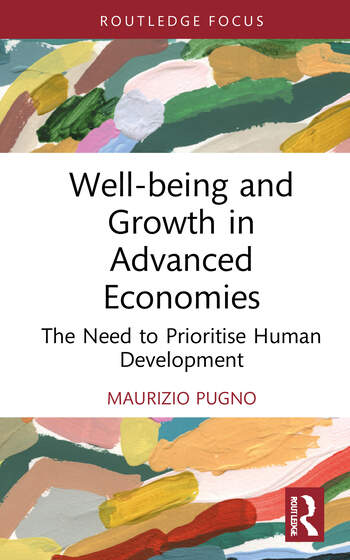Economic development requires endogenous novelties, according to evolutionary economics. To find the endogenous source of novelties, we focus on the creativity of ordinary people when they craft their life path. We argue that such ‘life creativity’ is endogenous to the economic system because it is a typical capability of human beings, because it is intrinsically motivated, thus directly yielding well-being, and because it can be developed with better economic conditions. The paper first introduces the insights of three pioneers of evolutionary economics, it proceeds by showing the key role of creativity in human evolution, and then it proposes ‘creative activity’ as an input-output technology that is both useful for and conditioned by economic development. It concludes by contrasting the Industrial Revolution in Britain with the ICT revolution in the US for their different effects of successful innovations on life creativity and well-being.
You can read the article here



